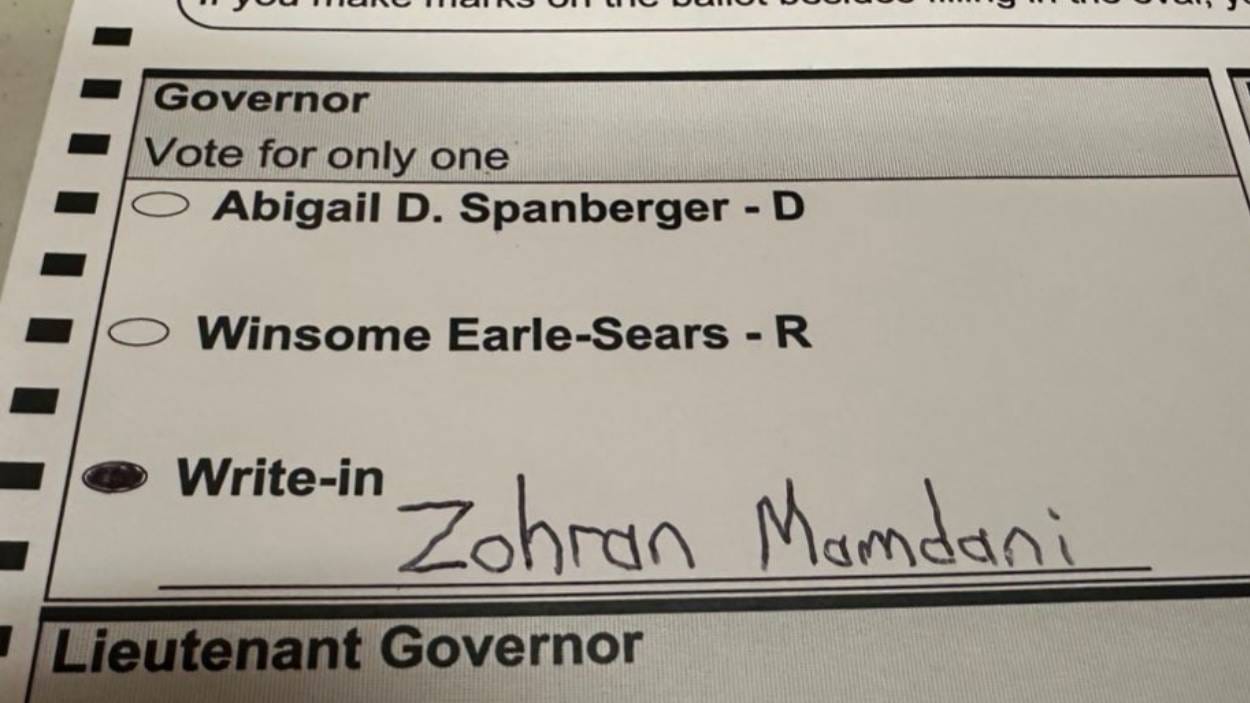The pragmatic case against Spanberger
Spanberger running up her margins in Virginia proves a better candidate could have won.
Edward-Isaac Dovere:
If polls hold, Spanberger is looking more likely to clear 50% in her more swingy state than Mamdani is in a city Democratic that only 6 of 51 city council members are Republicans. Dems nationally sy that matters a lot for thinking what comes next.
Dovere is right that the two races give us some insight into electoral strategy — but not, I think, the insight that Dovere has in mind. As Dave Weigel observes, we “should expect a lot of ‘look at Spanberger’s majority not Zohran’s plurality’” in the coming year as liberals point to her big margins as a mark of success. But is it?
Here’s the standard argument of liberal pragmatism:
We really do want to elect the leftmost candidate possible!
However, the further left you move, the more unelectable the candidate becomes.
Therefore, we need to elect someone further towards the center.
This may seem like a straightforward argument for centrists like Spanberger, but the logic actually takes us in a very different direction. If you want to elect the leftmost candidate possible, and if moving to the left means losing voters, then the optimal candidate will be someone who wins by very slim margins. Because for the pragmatist a win is a win. Running up your margins doesn’t mean you get to spend more time in office or pass more laws; all it means is that you pandered to centrist voters whose support you didn’t actually need.
The implications for this election are simple. In New York City, Democrats took advantage of their overwhelming partisan support and popular opposition to Trump to place in office an unusually left-wing candidate. In Virginia, Democrats wasted a relatively friendly electorate and the thermostatic rebound off of a controversial Republican governor to elect someone who is unusually conservative. Even her brief primary opponent Levar Stoney, himself a moderate and protege of arch-centrist Terry McAuliffe, had a more progressive record than she did. If liberal pragmatists were truly interested in maximizing their political gains, they would have nominated an even more progressive candidate instead.
Republicans, meanwhile, seem to understand this logic perfectly well. Trump is the proof: in three consecutive elections, Republican voters proved that they would rather win with a higher-risk higher-reward candidate than with lower-risk lower-reward candidates. In terms of effectiveness Republican votes over the last decade have been extraordinarily efficient, pushing our politics hard to the right despite incredibly slim margins.
The notion that running to the center wins you more vote is of course fairly dubious itself. Even as the early votes trickle in, Zohran Mamdani has already proven that if you advance an aggressive socialist agenda, you can turn out new voters instead of pandering to moderates. Nevertheless, even if we accept the logic of liberal pragmatism, the case for Spanberger is much weaker than Democrats would have you believe.
Refer enough friends to this site and you can read paywalled content for free!
And if you liked this post, why not share it?



